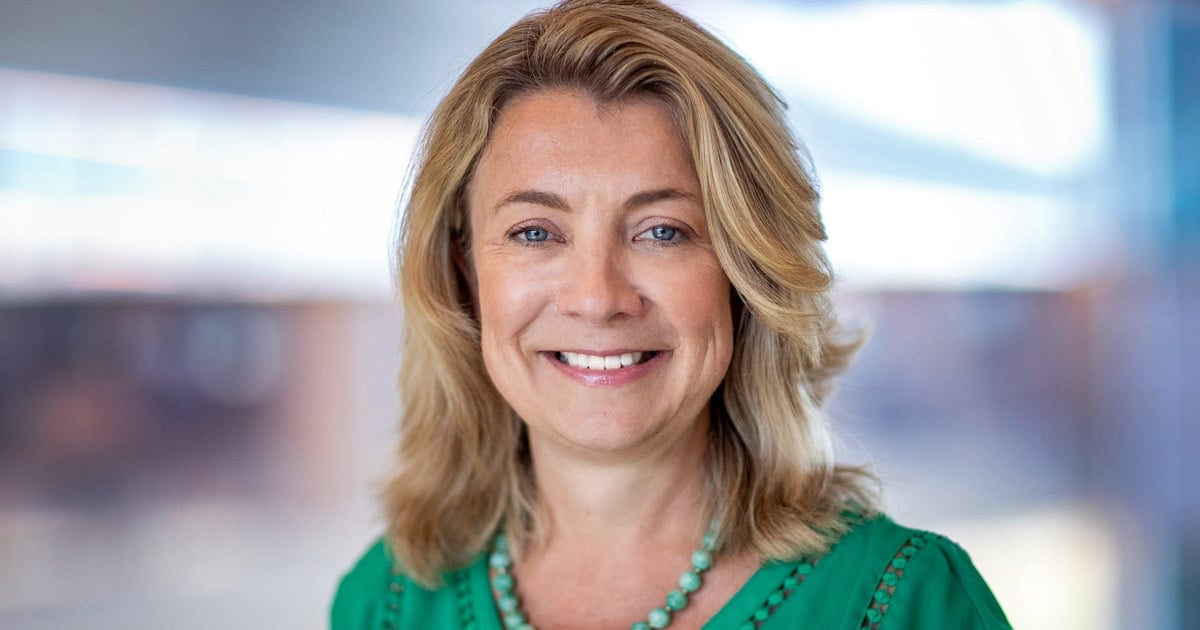Ask the Expert—About Mentorship With Bristol Myers Squibb’s Catherine Owen

Q: You are responsible for a multi-billion dollar business across 19 countries and lead a team of 4,500 employees. Do you really have time to mentor—and if so, how?
A: I make time for people development; it’s a vital part of my job. Many tend to think of mentorship relationships as a formal obligation. However, it would not be practical to find a dedicated hour every week to speak with each of my mentees and mentors. Instead, I view such relationships in a more informal manner. A mentorship session can be a virtual coffee, text exchange, email update, or a quick phone call. They allow me to maximize my time and ensure my mentees feel supported.
Q: Having achieved the level of Senior Vice President, do you still need a mentor?
A: Absolutely. I never envision myself without them. Better decisions are made when we seek different perspectives. It’s important that I stress test my ideas with my mentors and trusted colleagues to help me make critical decisions, such as considering a different or new approach to a business challenge.
Q: Many people suggest women need more than mentors; they need sponsors. Do you agree and how do they differ?
A: I believe sponsorships and mentorships both can play critical roles in all career journeys, male or female. Generally, sponsors have worked with you, seen you lead and can vouch for your excellence in real situations over time. Mentors know you, understand your aspirations, support and guide you, but may not have direct experience working together. As a mentor, I give advice to many people, but as a sponsor, I only have time to truly commit to the career development of a few, where personal experience and deep knowledge is key.
Q: How would you recommend finding a mentor and avoiding any awkwardness in asking?
A: A great way to move beyond the awkward part of establishing a mentorship relationship is to remove the labels. The discussion around “mentorship” can feel very unnatural to both people, whereas if you consider mentors as trusted advisors, it can be much easier to establish a rapport. It can be anyone you want a valued perspective from. A peer, a colleague from a past company, a senior leader, or an external partner (think agency, consultancy or head hunter).
Q: Given that there are disproportionately fewer women in positions of leadership than men, what do you think about women mentoring male colleagues?
A: I believe in mentorship, regardless of gender or background, to expand our views and collective possibilities. For example, I have several male mentors and mentees, who I hope value our relationship as much as I do. People seek me out because seventeen years ago I moved to the U.S. and successfully established myself in a new country, company and culture. I have broken through glass ceilings, taken different career decisions and created my path. That has been aided by a diverse mix of mentors and sponsors. If I have a stake in a relationship, I’ll gladly give advice on how to progress a career.
Catherine Owen, senior vice president of Major Markets for Bristol Myers Squibb, has more than 25 years of experience in the pharmaceutical industry. She has worked at three Fortune 500 companies – AstraZeneca, Johnson & Johnson and BMS – and has held 17 titles spanning a variety of therapeutic and business areas.
SPONSORED BY
